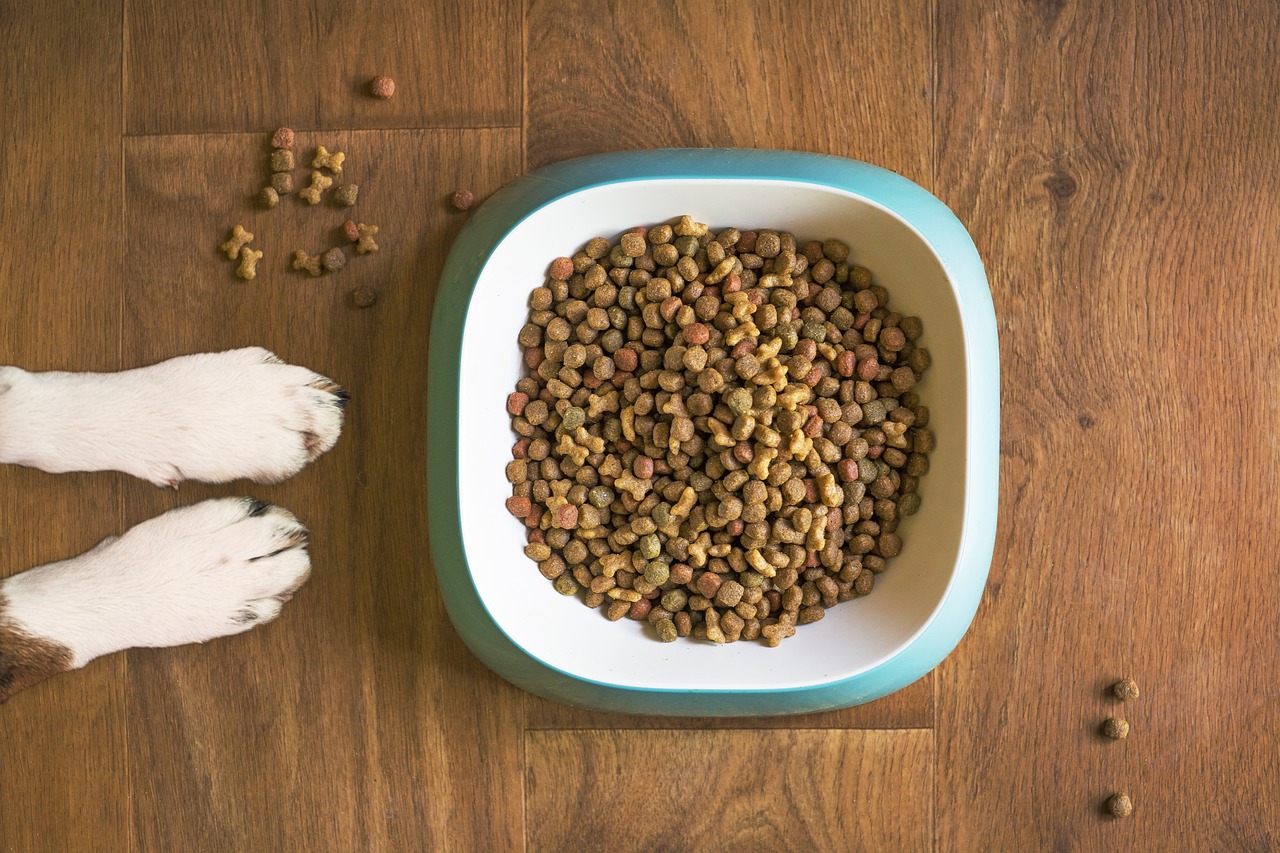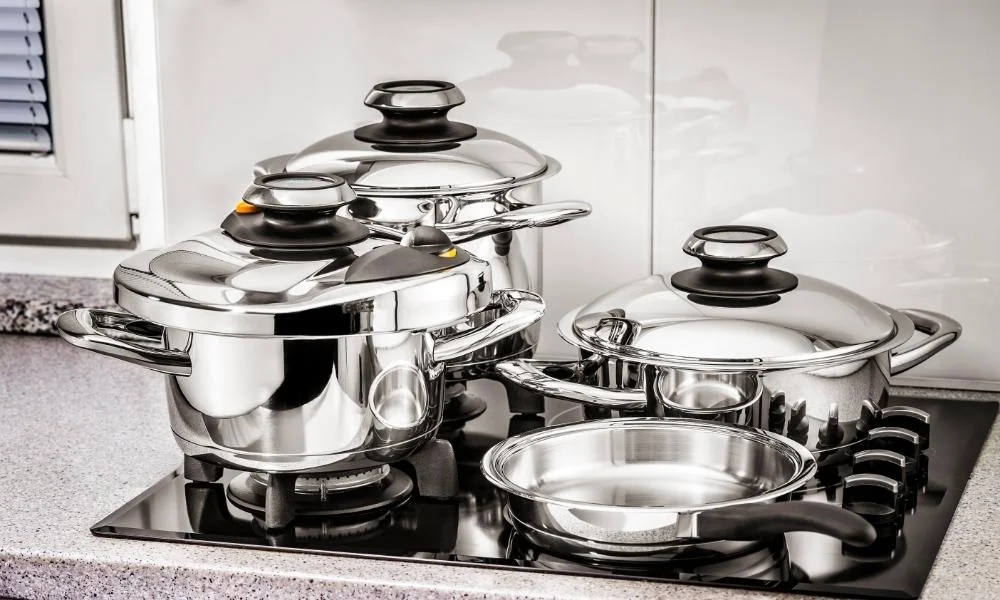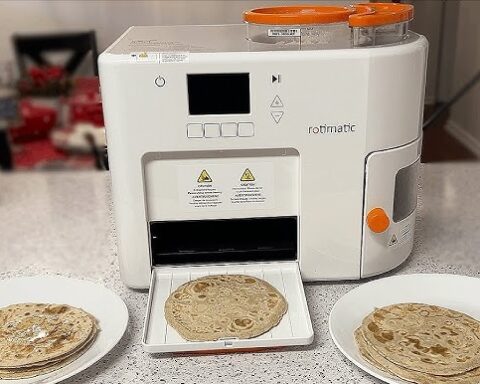Introduction
Choosing the right dog food is crucial for your furry friend’s health and wellbeing. With so many options on the market, it can be overwhelming to decide which brand and formula is best. Cesar is a well-known dry dog food brand that has been around for decades, but is it a good choice for your pup?
In this comprehensive guide, we’ll take an in-depth look at Cesar dry dog food. We’ll analyze the ingredients, nutritional value, product varieties, recall history, how it compares to other popular brands, and what real customers have to say. By the end, you’ll have all the information you need to decide if Cesar dry dog food is the right choice for your canine companion.
Cesar Dry Dog Food Ingredients
The quality of ingredients in a dog food is one of the most important factors to consider. Let’s take a closer look at what’s in Cesar dry dog food:
Main Protein Sources: Cesar uses a combination of chicken, beef, and lamb meal as the primary protein sources. Meat meal is a dry rendered product made from animal tissues.
Grains: Cesar dry dog foods contain corn, sorghum, and rice. These are relatively low-cost grains that provide carbohydrates and fiber.
Fats: The main fat sources are chicken fat, beef tallow, and soybean oil. These provide energy and essential fatty acids.
Other Ingredients: Cesar also contains beet pulp, brewers rice, poultry by-product meal, egg product, and various vitamins and minerals.
Some concerning ingredients to note are the use of corn (which is a common filler), soybean oil (which can cause inflammation), and poultry by-product meal (which is a low-quality ingredient made from parts of poultry not used for human consumption).
On the plus side, Cesar does use real meat as the first ingredient in most of its formulas. However, the quality of the meat sources could be better, as meat meal is a rendered ingredient that can vary in quality.
Overall, the ingredient list for Cesar dry dog food is average, with some higher-quality components mixed in with lower-quality fillers and by-products.
Nutritional Analysis
How does Cesar dry dog food measure up nutritionally? Here’s a typical nutrient profile:
| Nutrient | Typical Amount |
| Crude Protein | 21-26% |
| Crude Fat | 10-15% |
| Crude Fiber | 3-5% |
| Moisture | 10% |
Cesar meets the minimum nutritional requirements set by the Association of American Feed Control Officials (AAFCO) for complete and balanced dog food. However, the protein levels are on the lower end of what’s ideal, especially for active or working dogs.
There are no major nutritional deficiencies, but some Cesar formulas are higher in carbohydrates and plant-based ingredients than premium dog foods. This could lead to weight gain or digestive issues in some dogs.
While Cesar provides adequate basic nutrition, it may lack some of the high-quality proteins, fats, and nutrient density found in more expensive, premium dog food brands.

Product Varieties and Life Stages
Cesar offers a wide variety of dry dog food formulas to choose from:
Flavors: Chicken, beef, lamb, turkey, duck, and venison
Limited Ingredient: Formulas made with fewer ingredients for dogs with food sensitivities
Life Stages: Puppy, adult, and senior recipes
Special Diets: Grain-free, weight management, and high protein options
With so many choices, you can find a Cesar dry dog food to suit most dogs’ tastes and dietary needs. The variety is a plus, as it allows you to switch between proteins and experiment to find the perfect formula for your pup.
However, with the abundance of options also comes some inconsistency in ingredients and quality across the product line. Be sure to read labels carefully, as some formulas are better than others in terms of meat sources, fillers, and overall nutrition.
Cesar Dry Dog Food Recalls
No pet owner wants to hear about a dog food recall, as it raises concerns about safety and quality control. Unfortunately, Cesar has had its share of recalls over the years:
- 2011 Aflatoxin Recall: Certain Cesar dry dog food products were recalled due to potential contamination with aflatoxin, a toxic compound produced by mold. This can cause liver damage in dogs.
- 2013 Salmonella Recall: Several Cesar dog treats were recalled due to potential Salmonella contamination. Salmonella can cause serious illness in pets and pet owners.
- 2018 Vitamin D Toxicity Recall: Cesar’s parent company Mars Petcare issued a recall for multiple dry dog food brands, including Cesar, due to potentially toxic levels of Vitamin D.
While Cesar has taken steps to address these issues, such as increased testing and improved safety protocols, the frequency of recalls is concerning. It’s important for pet owners to stay informed about any future recalls that may occur.
How Cesar Compares to Other Brands
To better evaluate Cesar dry dog food, it’s helpful to compare it against some other popular brands:
| Brand | Cesar | Purina ONE | Blue Buffalo | Orijen |
| Ingredients | Average quality, some fillers/by-products | Average quality | Higher quality, no by-products | Excellent quality, all natural |
| Protein | 21-26% | 26-30% | 24-30% | 38% |
| Price (per lb) | $1.50 | $1.75 | $2.50 | $3.50 |
| Recalls | Multiple | Few | Some | Very few |
Compared to brands like Purina ONE and Blue Buffalo, Cesar sits roughly in the middle in terms of ingredient quality and nutrition, but at a slightly lower price point.
Orijen and other premium brands use significantly higher quality ingredients with more meat-based proteins. However, this results in a much higher cost per pound.
Cesar’s main advantages are its wide variety of recipes to choose from and its lower price compared to super-premium brands. Its drawbacks are the use of some lower-quality fillers, the frequency of recalls, and lower meat-based protein levels.
Cesar Dry Dog Food Reviews
While expert analysis is helpful, nothing beats hearing from real pet owners who have fed Cesar dry dog food to their dogs. Here’s a summary of some common themes in customer reviews:
“My dog seems to really enjoy the taste of Cesar dry food. She has maintained a healthy weight and good energy levels on it.”
– Positive Review
“After switching to Cesar, I’ve noticed my dog has more gas and loose stools than on his previous food. The ingredients just don’t seem as high-quality.”
– Negative Review
Positive reviews often cite good taste, healthy coats, and proper weight maintenance. Cesar seems to appeal to many dogs’ palates.
Negative reviews frequently mention digestive issues, lower energy levels, and concerns over nutrition compared to premium brands.
Overall, reviews seem mixed, with some dogs doing very well on Cesar while others experience problems. Much may depend on the individual dog’s sensitivity and dietary needs.
Conclusion
So is Cesar dry dog food a good choice? The answer depends on your priorities and your dog’s specific dietary requirements.
Pros of Cesar:
- Wide variety of formulas to choose from
- Appealing taste that most dogs enjoy
- Lower cost compared to premium brands
- Meets basic AAFCO nutritional standards
Cons of Cesar:
- Use of some low-quality fillers and by-products
- History of multiple recalls
- Lower protein levels than ideal
- Some dogs experience digestive or health issues
For pet owners on a tight budget who have a dog that does well on Cesar, it can be an acceptable mid-range option. The variety allows you to experiment and find a formula that works.
However, if you have the means and your dog has special dietary needs, it may be worth investing in a premium brand with higher quality ingredients and stricter quality control. This could lead to better longterm health.
No dog food is perfect, but being an informed consumer is crucial. Read ingredient labels, monitor your dog’s health, and be prepared to make adjustments as needed. With some trial and error, you can find the right food to keep your furry friend happy, healthy, and thriving.
Cesar’s History and Brand Reputation
Cesar has been producing dog food for over 60 years, founded in 1954 by Cesar Millan. The company was acquired by Mars Petcare in 2002 and is now one of the top selling mainstream dog food brands in the United States.
Cesar has aimed to market itself as a quality, affordable brand for the average pet owner. It cultivates an image of using trusted, familiar ingredients that appeal to dogs’ natural tastes.
However, the company’s reputation has been somewhat tarnished by the multiple recalls over the years, as mentioned previously. This raises questions about Cesar’s quality control processes and overall commitment to pet safety.
Additionally, some pet nutrition experts take issue with Cesar’s heavy use of grains, fillers, and by-products, arguing that it falls short of being a truly premium, high-quality dog food.
That said, Cesar still maintains a large and loyal customer base of pet owners who view it as a solid mid-tier option that their dogs enjoy eating. The brand’s affordability and wide distribution also contribute to its ongoing popularity.
Cesar’s Environmental and Ethical Practices
In today’s conscious consumer market, many pet owners want to know a brand’s stances on sustainability, animal welfare, and ethical sourcing before making a purchase. So how does Cesar measure up?
Sustainability: Cesar’s parent company Mars has set goals to reduce greenhouse gas emissions and waste to landfills. Cesar uses some sustainable packaging, but details on their full environmental impact are limited.
Animal Welfare: Cesar has basic statements about the humane treatment of animals in their supply chain. However, they don’t have detailed welfare policies or certifications from third-party organizations.
Ingredient Sourcing: Details on where Cesar sources ingredients like meat, grains, and fats are scarce. There is no transparency into country of origin, farming practices, or processing methods.
Overall, while Cesar doesn’t seem to have any egregious ethical violations, they also don’t go out of their way to demonstrate strong commitments in these areas. More transparency would be appreciated by conscious consumers.
Top Questions Pet Owners Ask
When researching Cesar dry dog food online and analyzing customer reviews, some common questions kept coming up from pet owners:
Q: What dog breed sizes and life stages is Cesar best suited for? A: Cesar is a good option for small to medium breed adult dogs. The formulas may lack sufficient nutrition for giant breeds or very active/working dogs. It has recipes for all life stages.
Q: Is the limited ingredient formula better for dogs with allergies? A: Yes, the limited ingredient line can be a good choice for dogs with food sensitivities, as it reduces exposure to potential allergens. Start with a simple protein like duck.
Q: How does the grain-free formula compare? A: Cesar’s grain-free line avoids corn, wheat, and soy in favor of alternative starches like potatoes and peas. It’s a solid option for dogs that need to avoid grains.
Q: Can Cesar be used for weight management? A: Cesar does offer some weight management formulas lower in fat and calories. However, portion control is still important to prevent overfeeding. The high carb content may not be ideal for weight loss.
Q: Can Cesar be fed to puppies? A: Yes, Cesar has puppy-specific formulas tailored to meet the unique nutritional needs of growing pups. Start puppies on these before transitioning to adult food.
Having thorough answers to common consumer questions can help pet owners make informed decisions about if and when Cesar may be the right food to feed.








